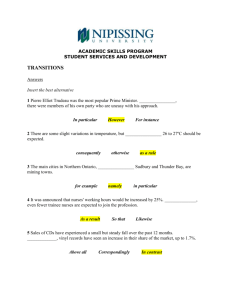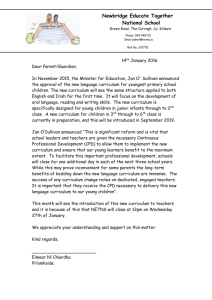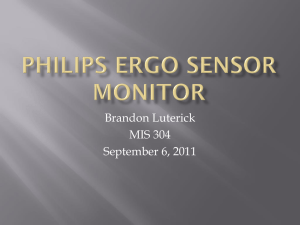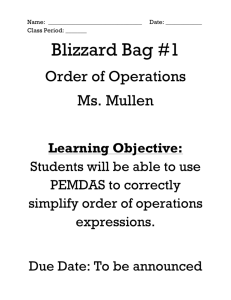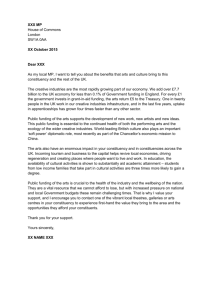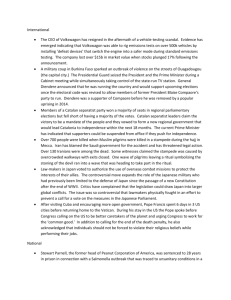Action would be taken against unlicensed money lenders in accord
advertisement
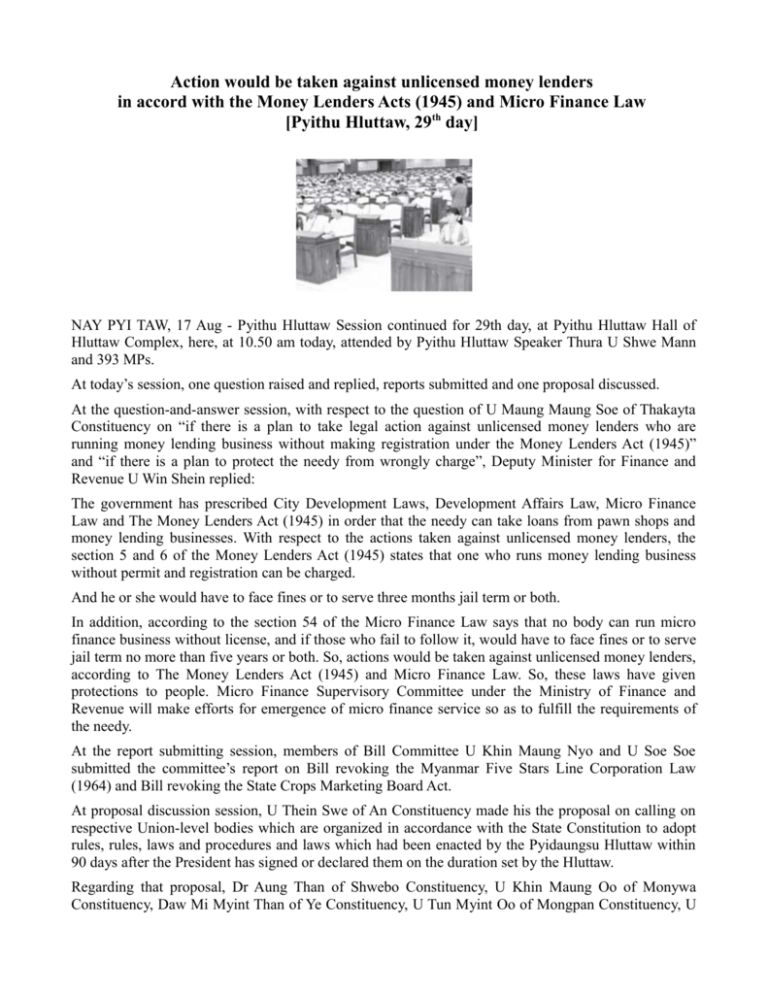
Action would be taken against unlicensed money lenders in accord with the Money Lenders Acts (1945) and Micro Finance Law [Pyithu Hluttaw, 29th day] NAY PYI TAW, 17 Aug - Pyithu Hluttaw Session continued for 29th day, at Pyithu Hluttaw Hall of Hluttaw Complex, here, at 10.50 am today, attended by Pyithu Hluttaw Speaker Thura U Shwe Mann and 393 MPs. At today’s session, one question raised and replied, reports submitted and one proposal discussed. At the question-and-answer session, with respect to the question of U Maung Maung Soe of Thakayta Constituency on “if there is a plan to take legal action against unlicensed money lenders who are running money lending business without making registration under the Money Lenders Act (1945)” and “if there is a plan to protect the needy from wrongly charge”, Deputy Minister for Finance and Revenue U Win Shein replied: The government has prescribed City Development Laws, Development Affairs Law, Micro Finance Law and The Money Lenders Act (1945) in order that the needy can take loans from pawn shops and money lending businesses. With respect to the actions taken against unlicensed money lenders, the section 5 and 6 of the Money Lenders Act (1945) states that one who runs money lending business without permit and registration can be charged. And he or she would have to face fines or to serve three months jail term or both. In addition, according to the section 54 of the Micro Finance Law says that no body can run micro finance business without license, and if those who fail to follow it, would have to face fines or to serve jail term no more than five years or both. So, actions would be taken against unlicensed money lenders, according to The Money Lenders Act (1945) and Micro Finance Law. So, these laws have given protections to people. Micro Finance Supervisory Committee under the Ministry of Finance and Revenue will make efforts for emergence of micro finance service so as to fulfill the requirements of the needy. At the report submitting session, members of Bill Committee U Khin Maung Nyo and U Soe Soe submitted the committee’s report on Bill revoking the Myanmar Five Stars Line Corporation Law (1964) and Bill revoking the State Crops Marketing Board Act. At proposal discussion session, U Thein Swe of An Constituency made his the proposal on calling on respective Union-level bodies which are organized in accordance with the State Constitution to adopt rules, rules, laws and procedures and laws which had been enacted by the Pyidaungsu Hluttaw within 90 days after the President has signed or declared them on the duration set by the Hluttaw. Regarding that proposal, Dr Aung Than of Shwebo Constituency, U Khin Maung Oo of Monywa Constituency, Daw Mi Myint Than of Ye Constituency, U Tun Myint Oo of Mongpan Constituency, U Thein Aung of Thanbyuzayat Constituency and U Kyi Tha of Gwa Constituency discussed that according to the prescribed law, rules, procedures, orders and directives continue to be announced. Rules prescribe the ways of how a prescribed law comes into effect. Therefore, it is known to all that how important a rule and regulation is. The Hluttaws are amending the necessary laws as much as they can. But, it has been assessed that the relevant Union level organizations are hesitant in the promulgating of rules over the relevant laws. Therefore, a suggestion is that the ministries and the Union Attorney-General Office are to appoint enough skilled personnel, to consult with other qualifies lawyers as necessary, to introduce effective management and to take systematic steps. Only then, will the people be informed about complete laws and rules as soon as possible. As to the proposal, Deputy Attorney-General U Tun Tun Oo of the Union Attorney-General Office clarified that necessary rules and regulations, notifications, orders, instructions and procedures for an already prescribed law can be announced, adding that such rules and regulations are announced only when they are necessary although they have been promulgated but for some laws, only notifications, orders and instructions are announced. There are some cases that need to be handled as appropriate according to the subjects. There were many laws whose rules haven’t been announced among the laws prescribed in successive eras. According to Section 13 (B) of the 1973 law on defining the words, if there was no prescribed date of enforcement for a law, the law was in force on the day when it was announced. Although rules haven’t been announced, a law can be in force and its protection and rights can be enjoyed. It means that law can be in force although its rules are announced. All in all, it cannot be surely said that the announcement of rules is required for every laws promulgated by the Pyidaungsu Hluttaw. Rules are announced only when the subjects of original laws are needed. In defining the original laws, definition must be in real terms according to the rule of law policy. Therefore, it is stated in the provisions that rules can be announced instead rules must be announced. That was why, the original law is in force although the rules haven’ been announced. Matters can be addressed smoothly by the early announcement of rules for a law whose provisions can be implemented through the announcement of rules. But the relevant Union level organizations have to take times in scrutinizing, drafting and submitting the laws step by step and announcement of rules for a law is not always needed. Thus, only rules and regulations for the necessary laws should be announced. There can be problems for the Union level organizations to announce rules and regulations in 90 days. As it is already stated that a law is in force when it has been announced, coordination is to be made on whether there is necessary to announce the rules or not. And the proposal should be put on record. U Thein Swe who submitted the proposal said that at a time when changes are taking place there require rules and regulations and the original law alone is not enough for a law capable of protecting the people. Only then, can the people enjoy the rights. Thus, he sought the decision of the Hluttaw which approved the proposal with 273 votes, 68 against, and 18 in absentia. Today’s session came to an end at 12.40 pm and the 30th day meeting continues at 10 am on 20 August.-MNA Source: NLM 2012-08-18
